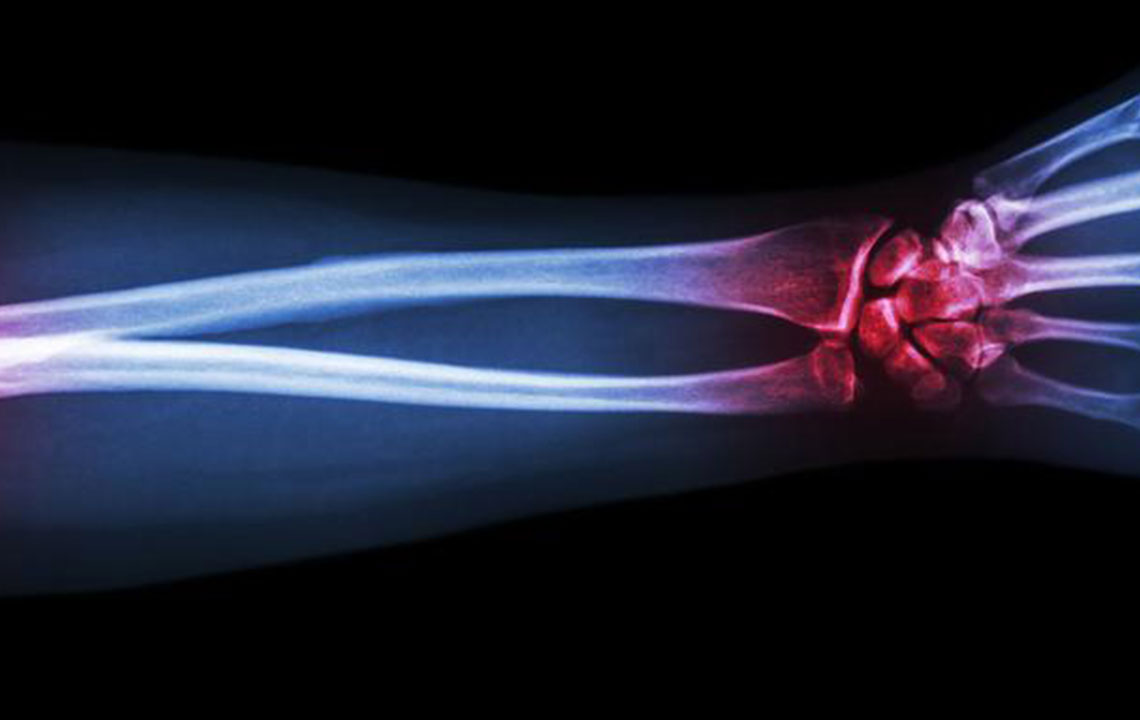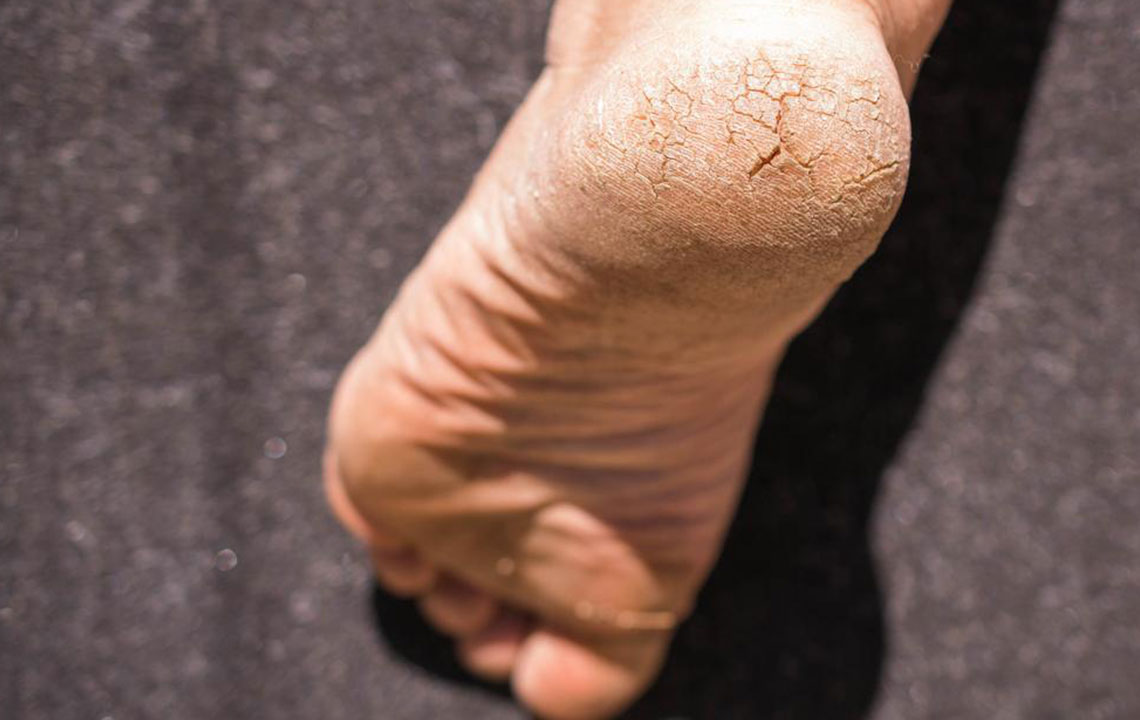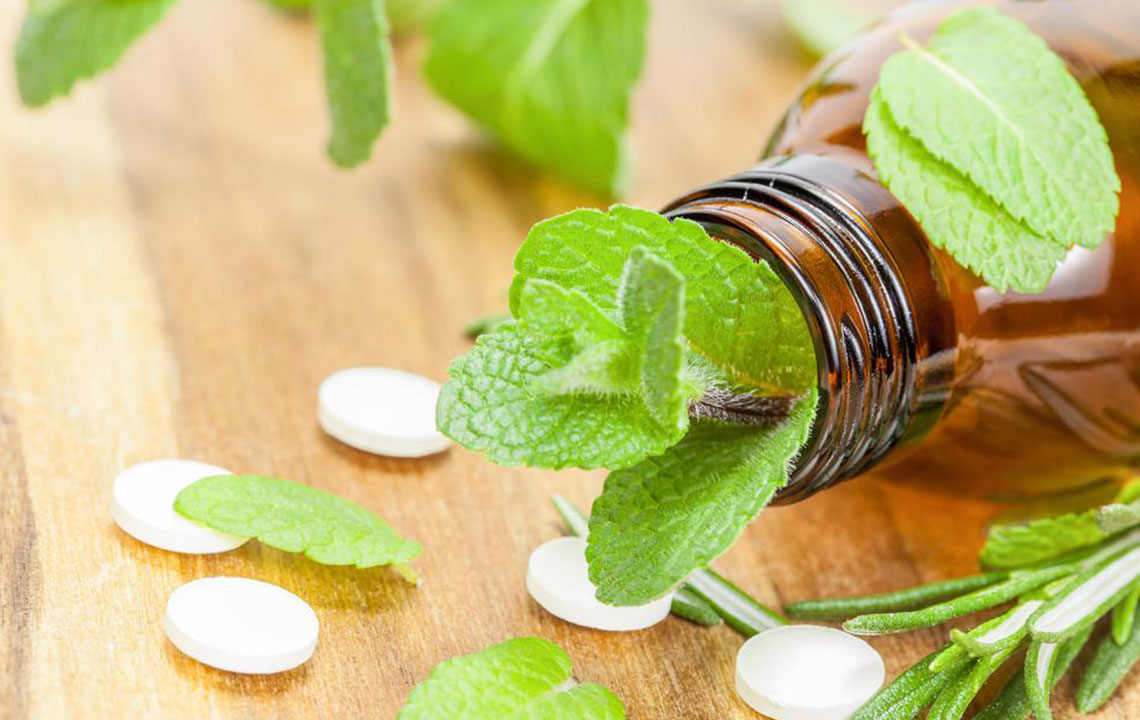Top Strategies for Immediate Gout Relief and Long-Term Management
Discover effective strategies for quick gout pain relief and long-term management. Learn how medications, lifestyle changes, and natural remedies can help reduce inflammation, prevent future attacks, and improve quality of life. Practical tips include using cold compresses, staying hydrated, avoiding alcohol, elevating affected limbs, and incorporating anti-inflammatory foods into your diet.

Effective Approaches to Alleviate Gout Pain Quickly and Sustainably
Gout attacks are notoriously painful, often leaving sufferers desperate for swift relief. The goal of effective gout management is to reduce immediate discomfort while preventing future flare-ups. This involves a combination of medication and lifestyle adjustments. Below are key tips to help alleviate gout pain instantly:
Use Appropriate Medications
During a gout flare-up, take over-the-counter anti-inflammatory drugs like naproxen. Avoid aspirin, as it can worsen symptoms. For recurrent attacks, use the same medication that previously provided relief, and continue prescribed uric acid-lowering medications to manage the condition well.
Apply Cold Compresses
Applying ice packs to affected joints reduces swelling and alleviates pain. Wrap a cold pack in a cloth and apply it to the affected area for 20-30 minutes multiple times daily for optimal relief.
Stay Hydrated
Drinking plenty of fluids such as water or fruit juices helps flush out uric acid, reducing joint inflammation. Aim for about 2 liters daily, with at least half being plain water, to support kidney health and prevent stone formation.
Avoid Alcohol Consumption
Refrain from alcohol, especially beer, as it’s high in purines that increase uric acid levels. Alcohol hampers the body's ability to eliminate toxins, worsening gout symptoms.
Elevate Affected Limbs & Dress Comfortably
Elevate painful joints like knees or feet by propping them above heart level to decrease swelling. Wear warm socks to keep feet cozy and reduce discomfort, and relax to minimize stress that may trigger symptoms.
Opt for Gout-Friendly Clothing
Use soft, warm socks to protect your feet and keep them comfortable, minimizing pain from cold exposure. Relaxing and reducing stress can also help manage flare-ups.
In addition to immediate relief, natural remedies and dietary changes can support long-term management of gout. Incorporate foods like celery seed extract, black cherry juice, and nettles into your diet, which have anti-inflammatory properties and can reduce uric acid levels. Regular testing and avoiding high-purine foods are crucial for those with elevated uric acid levels to prevent complications.
Note: Our content aims to inform but should not replace professional medical advice. Consult with your healthcare provider for personalized treatment options.










